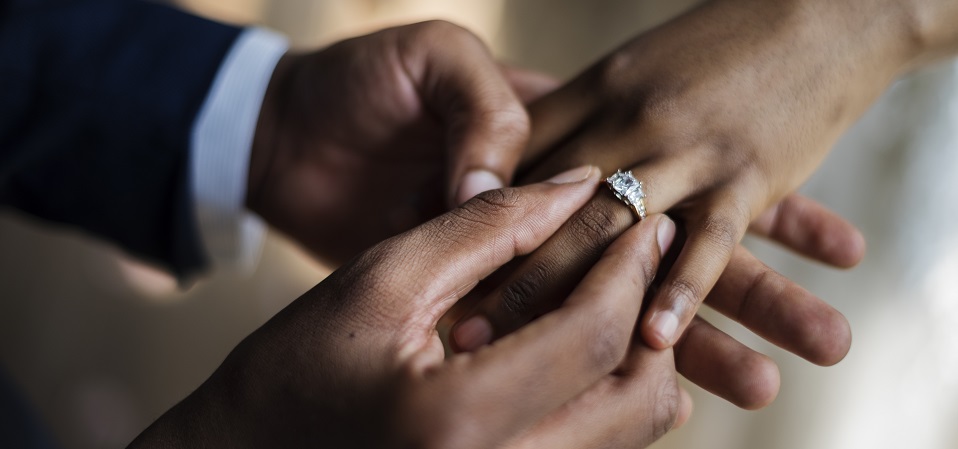The ban on heterosexual couples entering into civil partnerships is to be lifted, meaning mixed sex couples will be able to use the legal union to obtain similar legal rights and responsibilities as marriage.
Civil partnerships – seen as the equivalent of marriage for gay partners – have been available to same sex couples since 2005, but not to mixed sex couples.
This form of legal union offers similar rights and responsibilities in a whole host of legal areas that are granted from marriage.
What the decision means
The decision follows a Supreme Court ruling in favour of Rebecca Steinfield and Charles Keidan, who wanted to be civil partners.
The ruling found that it’s discriminatory to restrict civil partnerships to gay couples only, thus as the couple wished to enter into a civil partnership, their human rights had been breached.
Commenting on the ruling, the Prime Minister said: “This change in the law helps protect the interests of opposite sex couples who want to commit, want to formalise their relationship, but don’t necessarily want to get married.”
Why do couples choose not to marry?
There are many reasons why couples choose not to marry. There are approximately 3.3 million unmarried couples in England and Wales and despite popular belief, a ‘common law’ relationship doesn’t provide automatic rights in respect of your partner’s assets, pensions and property.
It’s often an unpleasant surprise and can cause an enormous amount of distress when this is discovered.
Civil partnerships may prove more attractive to some cohabiting couples, with many seeing marriage as an institution that doesn’t reflect their equal relationship because of its roots in traditional gender roles, as well as its traditions routed in religion.
Lagging behind in law
Other countries including South Africa, New Zealand and the Netherlands already allow couples to choose either a civil partnership or a marriage, so the move is welcomed by many in England and Wales.
There has also been an increase in the number of civil partnerships over the last two years, despite the government’s expectation the numbers would fall after their initial introduction in 2014.
The number of ‘deathbed weddings’ have also gone up, suggesting cohabiting couples are belatedly realising that without the legal protection of a formal relationship, any surviving partner is exposed to inheritance tax.
However, people should be aware that entering into a civil partnership has serious implications legally, and as with marriage, there is a lengthy route to come out of one.
People are often surprised as to how long a divorce can take, which can be only after the parties have been separated for two years (and only then, if the parties agree to the divorce) unless they are able to cite adultery or unreasonable behaviour.
At present, adultery is not an option available to pursue a dissolution of a civil partnership.
While legislation has not yet been agreed or implemented in relation to legally introducing civil partnerships for different sex couples, the decision is a firm step in this direction. It is anticipated this may occur next year.
For further advice on civil partnerships, call Louise Daniel on 01706 213356, or email her at louise.daniel@whnsolicitors.co.uk













